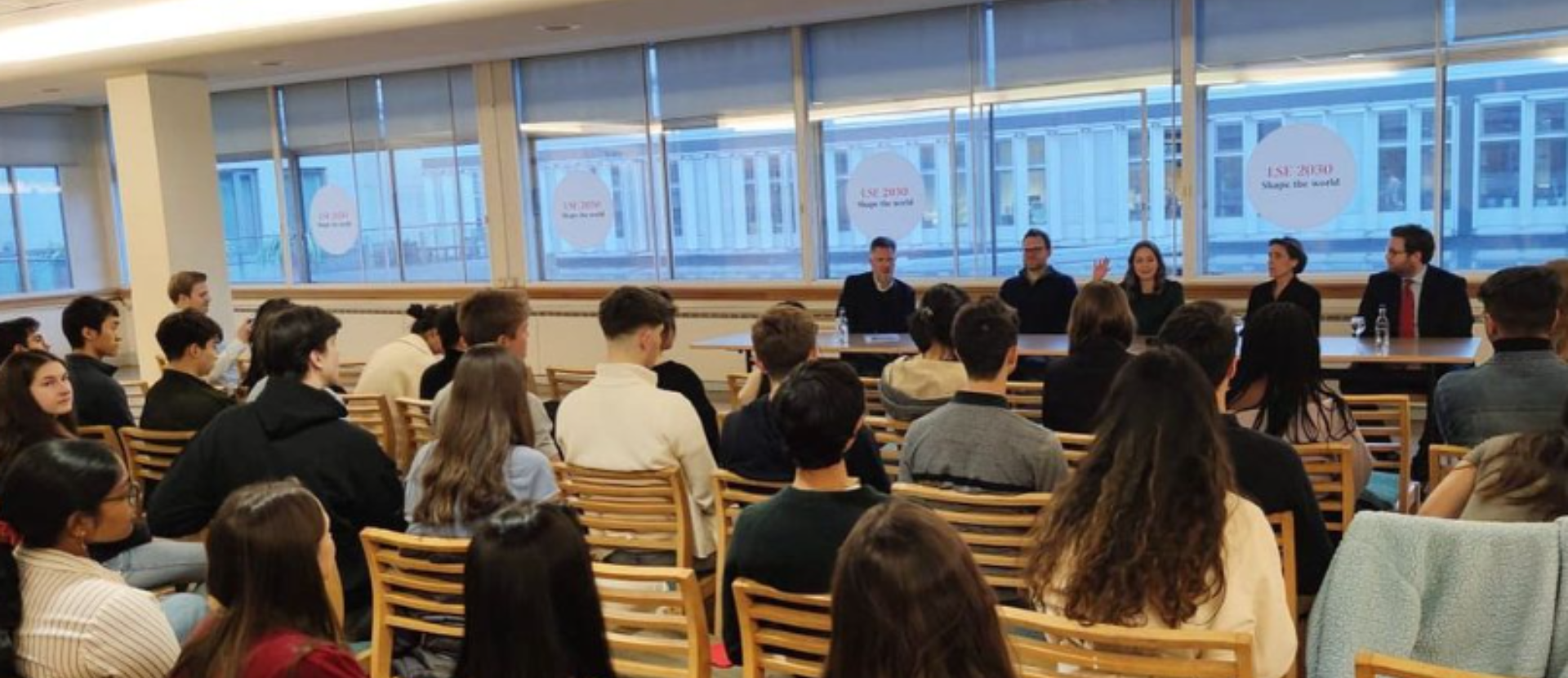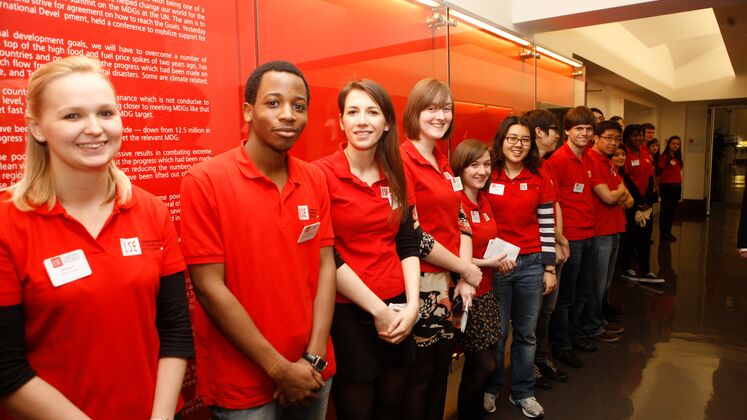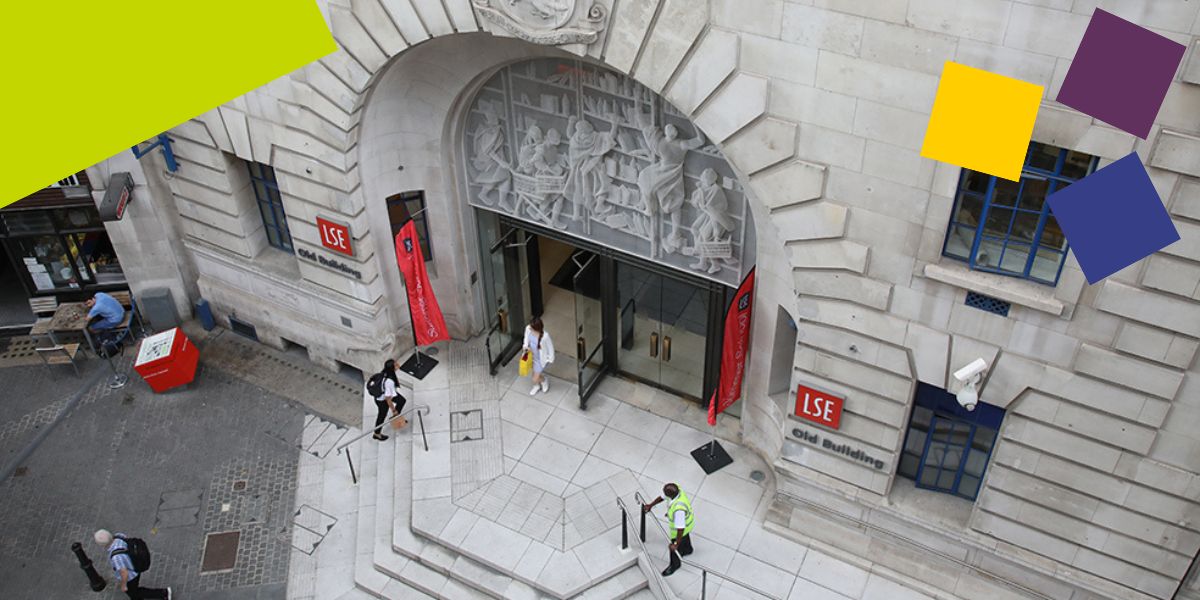Students at LSE soon come to realise that the School, in particular, and London, in general, are very competitive environments. Not solely on account of the sheer amount of people in them, but also of the quality of the people looking for a chance to thrive out here. Under these conditions, it can be quite challenging to stand out. Having a degree from LSE won’t suffice – after all, all of your classmates will have one too at the end of their studies. That’s why a lot of people resort to a summertime internship as a way to add a nice experience to their CV. However, wanting one is not the same as getting one.
Luckily, LSE has in place a nice support system to help students wishing to couple their studies with hands-on experience in the job market. On a personal level, I found the services provided by LSE Careers quite helpful in order to do that. Their Jobs and Vacancies portals are a good way to sift through opportunities that either match your skills set or might enable you to develop them further. Companies are interested in having the best and brightest people working for them. LSE is filled with such people. Ultimately, what this portal does is link these two.
So if you’re planning to apply for an internship while studying at LSE, this is a good place to start. For me, the hardest part was finding a role that would suit my abilities, interests, and availability. But the important thing is not to give up. Eventually, I did find a vacancy I thought would be a perfect match for me. From there, I just had to make sure that my cover letter and CV were well tailored to the job being advertised. And once again, LSE Careers helped me with that. After writing a strong application, I ran my CV and cover letter through CareerSet, a service that scores CV and letters based on several metrics, including length, design, language, and suitability for the role. With the aid of AI, CareerSet helped me spot the flaws in my CV and gave me some tips on I could improve it.
After making sure I had a strong application, I was invited to an interview. I’m confident that all the services provided by LSE Careers helped to properly showcase my relevant experience and strongest abilities for the job. In any competitive field, standing out is of the utmost importance to meeting your targets. And that’s what the search for an internship has taught me to do: how to promote myself.
Now for the interview, I could’ve chosen to take part in a preparatory session with one of LSE Careers’ consultants. Even though I didn’t do it, it’s certainly nice to know that that’s yet another service LSE Careers can assist students with, helping them prepare in advance. So if you’re interested in this opportunity, make sure to book an appointment. LSE Careers’ consultants can offer guidance on how to dress, how to structure answers, and what to expect from the interviewer in terms of questions that might come up. The session is mainly aimed at the students who have already secured an interview for an existing job offer, so make sure to study the job description and the company before your session to make the most of it.
For me, even though I didn’t do a practice interview beforehand, I still managed to do pretty well. After a few rounds of talk with some of the company’s board members, I was made an offer to take on the role. Obviously, this is great news. But this only came after a series of trials and errors. The number of “nos” you receive before you finally get a “yes” varies from people to people due to different circumstances. But it’s as certain as day that rejection is part of everyone’s journey. Especially – like I said – in competitive places like LSE and London. So I guess the takeaway here is to not lose focus of what you want if you really want it. And fortunately, LSE can help you with every step along your way to securing the internship of your dreams.





